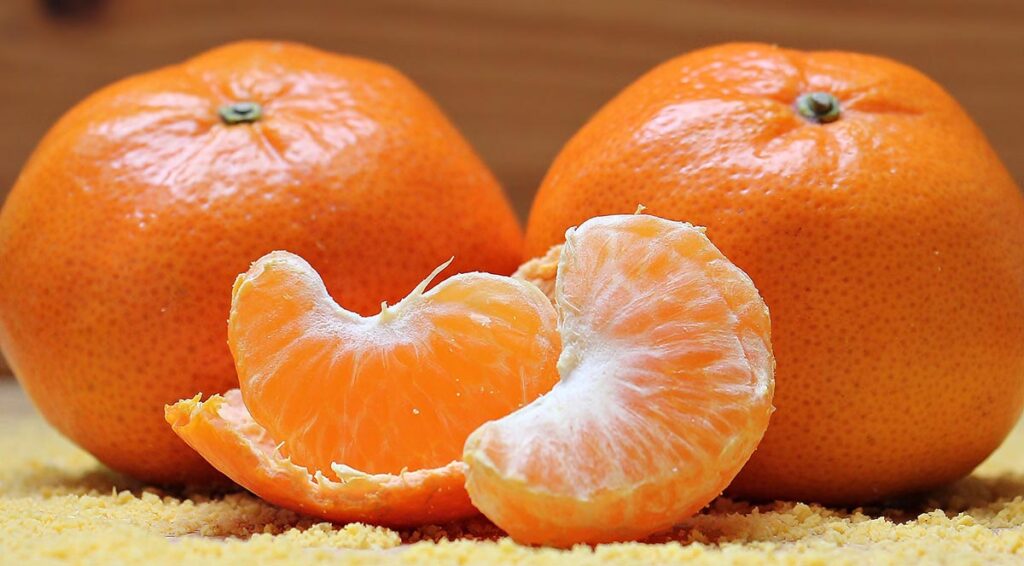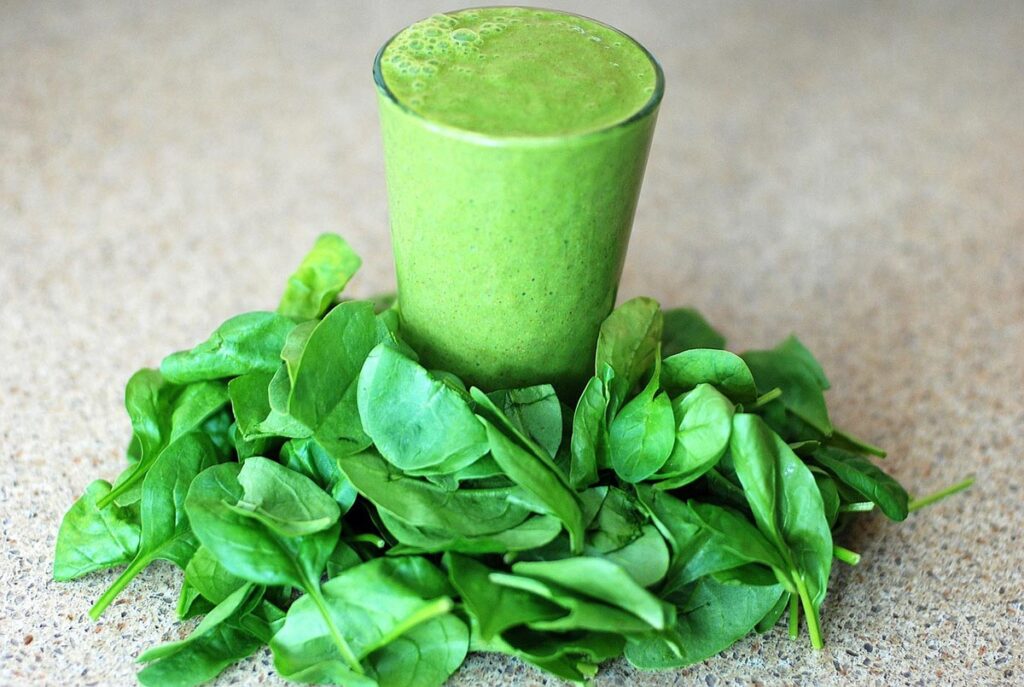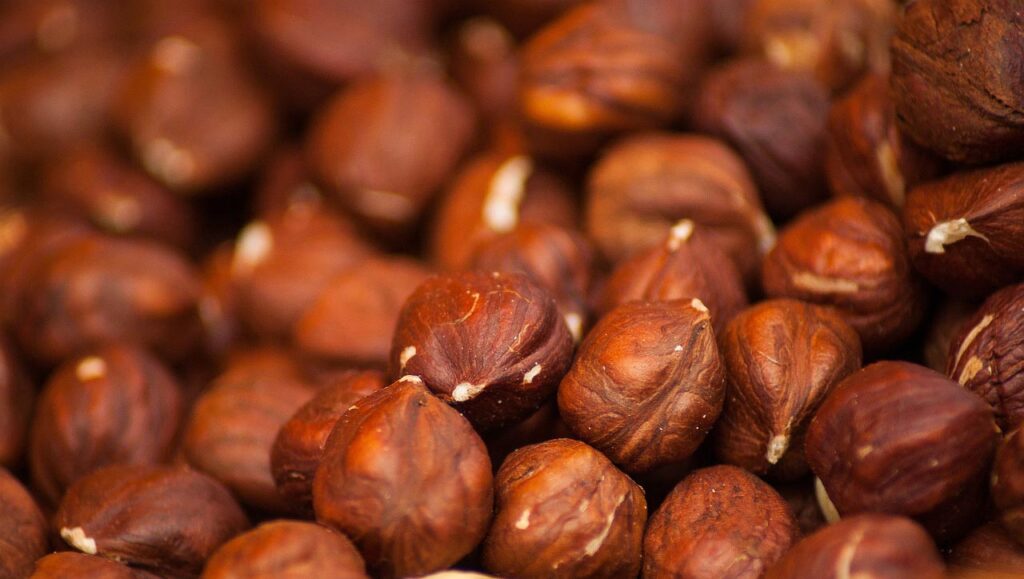Foods to Boost Your Immune System This Cold and Flu Season
Summarize

In today’s fast-paced world, staying healthy is a top priority, especially during the cold and flu season. Your immune system is vital in protecting your body from illnesses, and one of the best ways to support it is through your diet. We will explore foods that can help boost your immune system naturally. Incorporating these immune-boosting foods into your daily meals can fortify your body’s defenses and stay strong throughout the winter months.
When the cold and flu season arrives, it’s time to take proactive steps to support your immune system. Rather than relying solely on over-the-counter remedies, consider enhancing your body’s natural defenses through the foods you eat. Below, we’ll explore a variety of delicious options that can help keep your immune system in top shape.
- Understanding the Immune System
- Vitamin C-Rich Foods
- Vitamin D Sources
- Zinc-Infused Options
- Probiotics
- Leafy Greens and Antioxidants
- Garlic and Onions for Immunity
- Healthy Fats: Omega-3
- Colorful Bell Peppers
- Ginger and Turmeric Elixirs
- Nuts and Seeds
- Lean Proteins
- Hydration and Immunity
- Green tea
- FAQs
- Conclusion
- Sources
Understanding the Immune System
Before diving into specific foods, we must understand how your immune system works.
The immune system consists of tissues and cells, serving as the body’s defense mechanism against harmful invaders like bacteria, viruses, and other pathogens. It’s an unsung hero, constantly working behind the scenes to keep us healthy. Think of it as your body’s superhero, tirelessly patrolling to protect you from potential threats.
This complex system comprises various components, including white blood cells, antibodies, and lymphatic tissues, all working perfectly to identify and eliminate foreign invaders. When the immune system detects a threat, it launches a coordinated attack to neutralize it. Remarkably, it also has memory, allowing it to recognize and remember past invaders, which is the basis for vaccines. A strong and well-functioning immune system is crucial for overall health, as it not only defends against infections but also plays a role in managing inflammation and promoting tissue repair.
To maintain a healthy immune system, you should lead a balanced lifestyle, including proper nutrition, regular exercise, adequate sleep, and stress management. Additionally, various vitamins, minerals, and dietary supplements can support immune function.
Vitamin C-Rich Foods
Vitamin C is often hailed as the go-to vitamin for immune support. Citrus fruits like oranges, lemons, and grapefruits are packed with vitamin C. This essential nutrient is vital in stimulating white blood cells, which serve as the body’s natural defense against infections.

Vitamin D Sources
Sunlight is known as a natural source of vitamin D, but getting enough sunlight can be challenging during the winter months. Fortunately, you can find vitamin D in foods like salmon, mackerel, and fortified dairy products. Vitamin D has the potential to enhance the immune system and strengthen the body’s defense mechanisms.
Zinc-Infused Options
Zinc-rich foods include beans, nuts, whole grains, and lean meats. Incorporate these foods into your diet and boost your immune system, making it more proficient at warding off infections.
Probiotics
A robust immune system relies on a healthy gut. Probiotic-rich foods like yogurt, kefir, and fermented vegetables promote a balanced gut microbiome, strengthening your body’s ability to fend off illnesses.
Leafy Greens and Antioxidants
Leafy greens like spinach, Swiss chard, and kale are packed with essential vitamins and antioxidants. These vibrant greens are rich in vitamins C and E, as well as beta-carotene, which the body converts into vitamin A. These nutrients act as powerful antioxidants, helping to protect the body’s cells from damage caused by free radicals. Leafy greens are a source of fiber, which supports a healthy gut.

Garlic and Onions for Immunity
Garlic and onions aren’t just flavorful additions to your meals; they also contain compounds that boost the immune system. These natural ingredients have been used for centuries to prevent infections and promote well-being.
Healthy Fats: Omega-3
Healthy fats, particularly omega-3 fatty acids, are a cornerstone of a well-rounded diet. Omega-3s, found in fatty fish like salmon, flaxseeds, chia seeds, and walnuts, offer numerous health benefits. They possess potent anti-inflammatory properties, which can help regulate the body’s immune response. This reduction in inflammation allows the immune system to operate more efficiently and be better prepared to defend against infections. Moreover, omega-3s contribute to the overall health of cell membranes, ensuring that immune cells can communicate effectively and function optimally.
Colorful Bell Peppers
Bell peppers, especially the red ones, are rich in vitamin C and beta-carotene. They add vibrant color to your dishes and provide essential nutrients to bolster your immunity.
Ginger and Turmeric Elixirs
Ginger and turmeric elixirs are known for their anti-inflammatory and antioxidant properties, which can help your body ward off illnesses. You can add them to your tea and smoothies or even use them in cooking to infuse your meals with their immune-enhancing benefits.
Nuts and Seeds
Nuts and seeds are rich in nutrients like vitamin E, zinc, and healthy fats, which are crucial for a well-functioning immune system. Almonds, sunflower seeds, and pumpkin seeds, for instance, make excellent snacks that not only satisfy your cravings but also provide your body with immune-boosting goodness.

Lean Proteins
Chicken, turkey, and fish are excellent sources of amino acids, which are the building blocks of a robust immune system. They help produce antibodies and support the body in fighting off infections. Incorporating these proteins into your diet ensures you have the necessary tools to keep your immune defenses robust.
Hydration and Immunity
Adequate hydration supports the transportation of nutrients and antibodies throughout the body. Herbal teas, water, and hydrating foods like cucumbers and watermelon can help you maintain proper hydration levels.
Green tea
Unlike black tea, green tea undergoes minimal oxidation during processing, which helps it retain a high concentration of polyphenols, particularly catechins. These catechins are potent antioxidants associated with various health benefits, including immune system support.
FAQs
While supplements can be beneficial, it’s recommended to obtain nutrients from whole foods for a well-rounded approach to immune health.
You can use them in stir-fries, soups, or as flavorful additions to various dishes.
It’s challenging to get too much vitamin C from food alone, but excessive supplementation can lead to digestive discomfort.
Limiting sugary and processed foods can help support your immune system’s function.
Conclusion
This cold and flu season, empower your body to fight off illnesses by making mindful choices in your diet. Including these foods that support your immune system in your daily meals can have a considerable impact on your overall health. Maintaining an immune system requires a balanced diet, complemented by other healthy practices like regular physical activity and getting enough restorative sleep. These collective efforts play a crucial role in bolstering your body’s defenses and ensuring your well-being.
Sources
- National Institute of Allergy and Infectious Diseases (NIAID): Immune System
- Harvard Health Publishing: Vitamin C and Cold Remedies: What Works
- Mayo Clinic: Vitamin D
- National Institutes of Health (NIH): Zinc
- Harvard T.H. Chan School of Public Health: Antioxidants: Beyond the Hype
- PubMed Central: Immunomodulatory Effects of Allium sativum (Garlic)
- American Heart Association: Fish and Omega-3 Fatty Acids
- University of Florida IFAS Extension: Bell Pepper – Capsicum annuum
- National Center for Complementary and Integrative Health (NCCIH): Turmeric
- Nutrition Data: Nuts, almonds
- Nutrition Data: Seeds, chia seeds
- Academy of Nutrition and Dietetics: Protein
- Mayo Clinic: Water: How much should you drink every day?
Share this post
